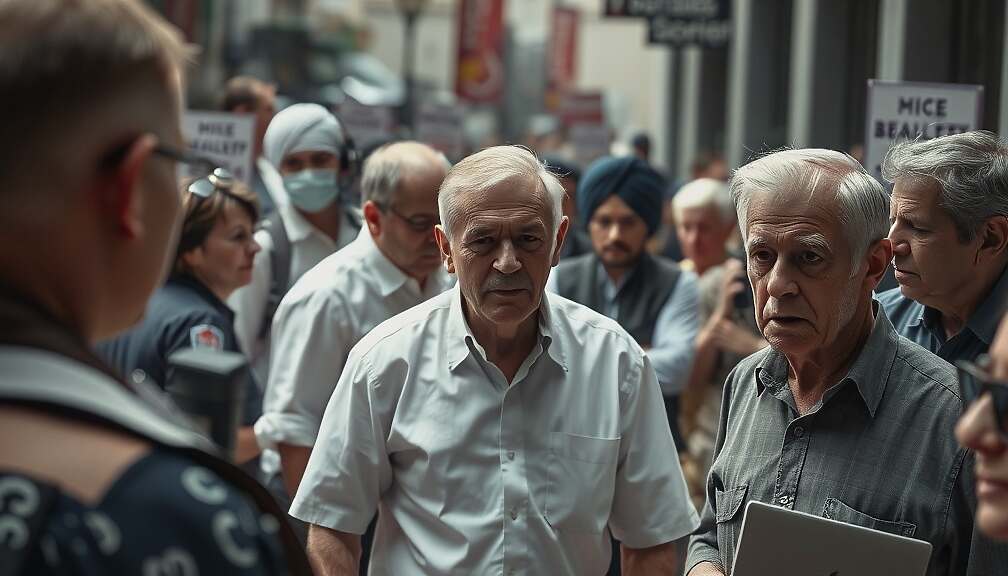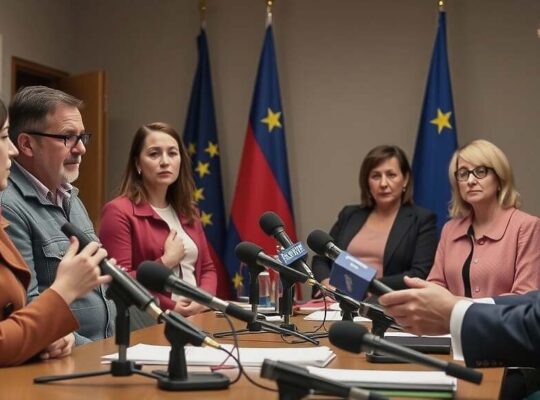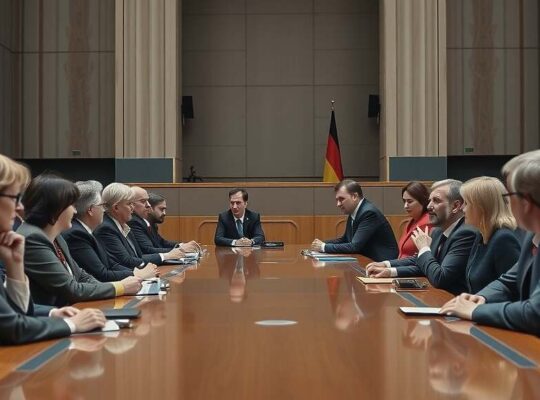The German Green Party leadership is accusing the ruling center-left-center coalition of deceptive maneuvering regarding the management of the special asset fund, raising serious questions about the government’s commitment to genuine investment and fiscal responsibility. In a sharply worded commentary published in “Stern” magazine, Green Party parliamentary group co-chairs Katharina Dröge and Britta Haßelmann allege that the coalition is artificially inflating the perceived impact of the fund through budgetary sleight of hand.
The core of the accusation centers on the shifting of pre-planned expenditures from the regular federal budget into the special asset fund, a strategy the Greens argue creates a false impression of new, additional investment without any real-world impact. According to Dröge and Haßelmann, the billions freed up by these transfers are not being directed toward critical national priorities but rather used to finance what they characterize as politically expedient measures – including subsidies linked to the aspirations of Bavarian politicians and tax cuts disproportionately benefiting the wealthiest percentile of the population.
Specific examples have been cited to illustrate this alleged manipulation. Investments earmarked for rail infrastructure in 2025, initially budgeted within the transportation ministry, were subsequently moved to the special asset fund. “Remarkably, this maneuver leaves zero euros of genuinely new funding available” the Greens’ statement asserts. Similar discrepancies exist for the maintenance of aging infrastructure, with the vast majority of funds designated for bridges and tunnels already confirmed in prior budgetary planning.
The consequence of this practice, the Greens contend, is a significant reduction in the true incremental investment capacity of the special asset fund, leaving only ten billion euros available for genuine new initiatives in 2025. This shortfall, they argue, undermines Germany’s ability to undertake the transformative investments necessary to address crucial challenges.
Dröge and Haßelmann’s commentary serves as a direct appeal to Chancellor Olaf Scholz and Finance Minister Christian Lindner, demanding an end to these “avoidance tactics” and a genuine commitment to transparent and impactful budgetary policy. They warn that continued opacity and tactical maneuvering risks stifling Germany’s potential for progress and jeopardizing public trust in the government’s fiscal management.












